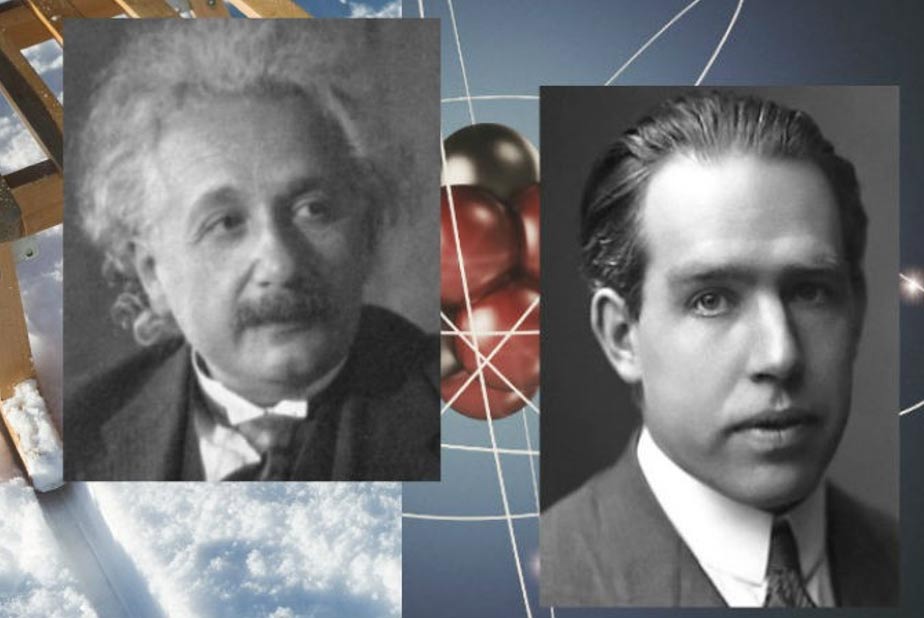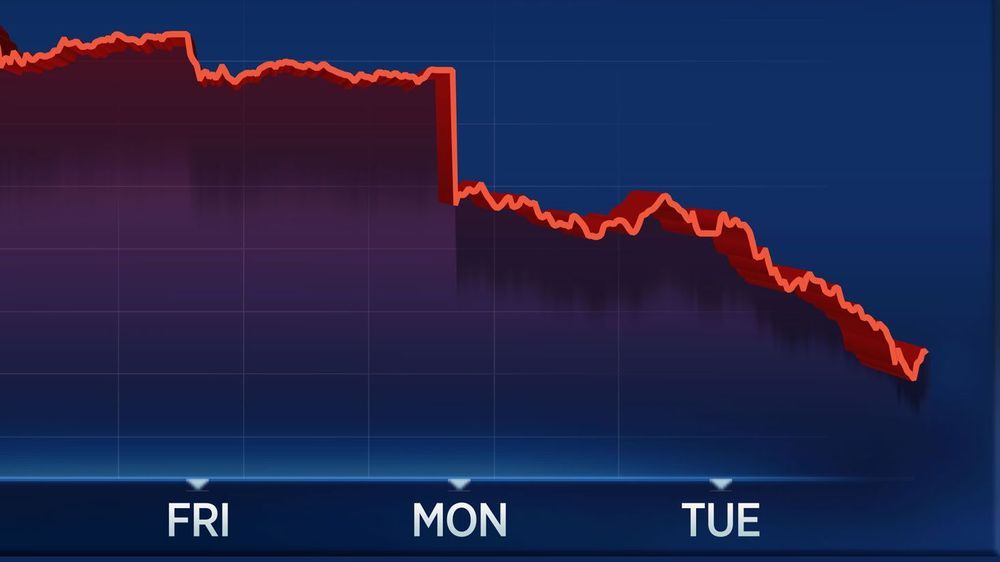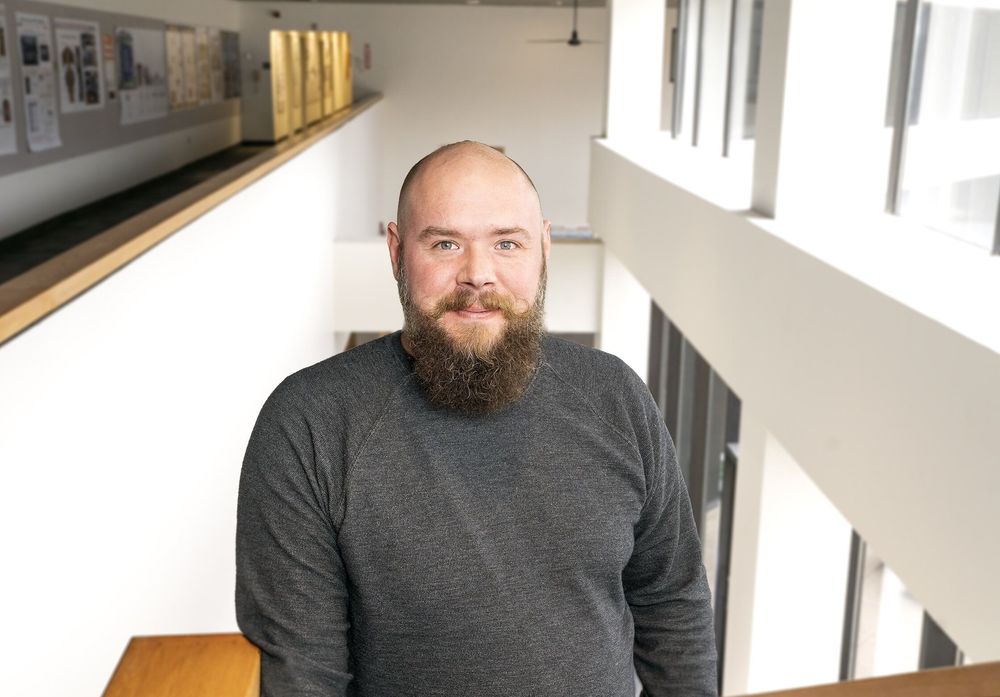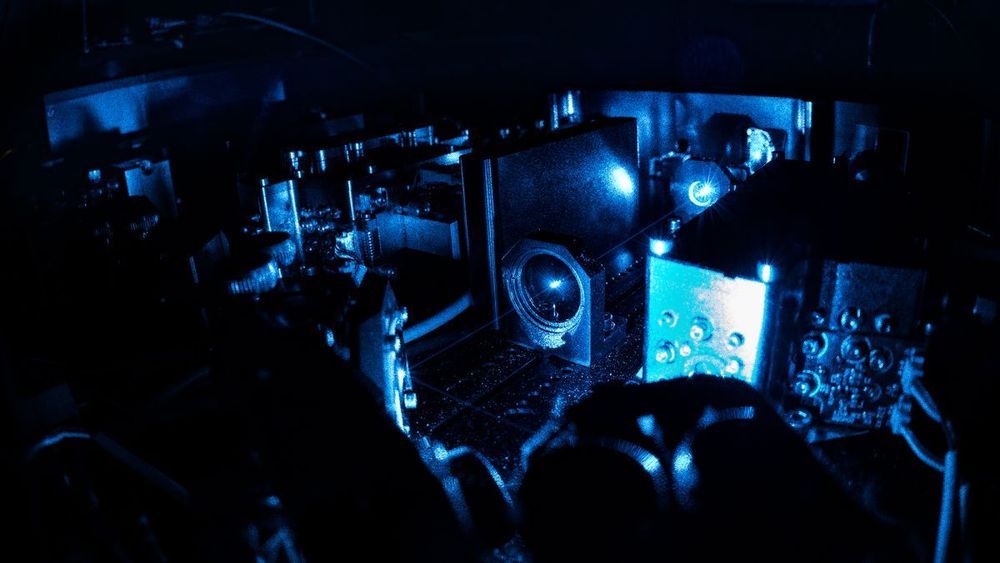Residents in Wuhan, China are shouting encouragement and singing songs from their apartment windows to boost morale amidst the coronavirus quarantine.
Get the latest international news and world events from around the world.

Five Scientific Discoveries Made in Dreams
“[Einstein] dreamt that he was riding a sled down a steep, snowy slope and, as he approached the speed of light in his dream, the colors all blended into one. He spent much of his career, inspired by that dream, thinking about what happens at the speed of light.”
By Tara MacIsaac, Epoch Times
In Beyond Science, Epoch Times explores research and accounts related to phenomena and theories that challenge our current knowledge. We delve into ideas that stimulate the imagination and open up new possibilities.
1. Dmitri Mendeleev, Periodic Table
Dmitri Mendeleev (1834–1907) wanted to organize the 65 known elements somehow. He knew there was a pattern to be discerned, and it had something to do with atomic weight, but the pattern remained elusive. Then, Mendeleev later reported, “In a dream I saw a table where all the elements fell into place as required. Awakening, I immediately wrote it down on a piece of paper.” Mendeleev’s words were quoted in “On the Question of Scientific Creativity,” by Russian chemist B.M. Kedrov.


Design of the W7-X fusion device enables it to overcome obstacles, scientists find
A key hurdle facing fusion devices called stellarators—twisty facilities that seek to harness on Earth the fusion reactions that power the sun and stars—has been their limited ability to maintain the heat and performance of the plasma that fuels those reactions. Now collaborative research by scientists at the U.S. Department of Energy’s (DOE) Princeton Plasma Physics Laboratory (PPPL) and the Max Planck Institute for Plasma Physics in Greifswald, Germany, have found that the Wendelstein 7-X (W7-X) facility in Greifswald, the largest and most advanced stellarator ever built, has demonstrated a key step in overcoming this problem.
Cutting-edge facility
The cutting-edge facility, built and housed at the Max Planck Institute for Plasma Physics with PPPL as the leading U.S. collaborator, is designed to improve the performance and stability of the plasma—the hot, charged state of matter composed of free electrons and atomic nuclei, or ions, that makes up 99 percent of the visible universe. Fusion reactions fuse ions to release massive amounts of energy—the process that scientists are seeking to create and control on Earth to produce safe, clean and virtually limitless power to generate electricity for all humankind.

The genetic secret of night vision
One of the most remarkable characteristics of the vertebrate eye is its retina. Surprisingly, the sensitive portions of the photoreceptor cells are found on the hind side of the retina, meaning that light needs to travel through living neural tissue before it can be detected. While the origin of the high optical quality of the retina remain largely uninvestigated, it has long been proposed that a peculiar DNA organization would serve to improve vision in nocturnal mammals. Researchers at the Max Planck Institute of Molecular Cell Biology and Genetics in Dresden now showed that the optical quality of the mouse retina increases in the first month after birth that imparts improved visual sensitivity under low light conditions. This improvement is caused by a compact organization of the genetic material in the cell nucleus of rod photoreceptor cells that responsible for dim light vision.
Our retina is an amazing feature of the eye of vertebrates. This light-sensitive layer of tissue is lining the back of the eye-ball and acts as a screen for images projected by the lens. The retina has a thickness of 130 to 500 micrometer and is composed of five layers of dense neural tissue. Since the sensitive portions of the photoreceptor cells are found on the hind side of the retina, light needs to travel through this dense neural tissue to reach the photoreceptors. Researchers suggested that a certain compact arrangement of DNA in the cell nucleus of the rod photoreceptors could improve night vision in nocturnal animals but it remained unclear if and how night vision would benefit from this organization of genetic material.
Scientists around the research group leader Moritz Kreysing at the Max Planck Institute of Molecular Cell Biology and Genetics together with colleagues from the TU Dresden and the Biozentrum at the Ludwig Maximilians Universität in Munich wanted to find out, if and why cells of retinal neural cells are optically special and what the implications for the transparency of the retina are. Transparency in this context means that each rod cell scatters less light, which causes it to be more transparent.


Musk Reads: Why SpaceX’s Mars city could become a beacon of innovation
Starship could host entertainment and SpaceX is worth more than you think. What happened to last week’s Falcon 9? It’s Musk Reads: SpaceX Edition #145.
A version of this article appeared in the “Musk Reads” newsletter. Sign up for free here.

Americans should prepare for coronavirus spread in U.S., CDC says
Top U.S. public health officials said Tuesday that Americans should prepare for the spread of the coronavirus in communities across the country.
“It’s not so much a question of if this will happen any more, but rather more a question of exactly when this will happen and how many people in this country will have severe illness,” Dr. Nancy Messonnier, the head of Centers for Disease Control and Prevention’s National Center for Immunization and Respiratory Diseases, said during a media briefing Tuesday.
Download the NBC News app for breaking news.

Sony’s PS5 DualShock 5 controller patent includes a creepy feature
Sweaty palms are an inherent side effect of every intense gaming session, but the PlayStation 5’s DualShock 5 controllers might be able to sense your white-knuckling and alter the game you’re playing on the next-gen system. Is this an innovative and helpful new feature, or the next invasive step towards compromising the privacy of gamers?

Return Of Pahana
Ellen Lloyd — AncientPages.com — The Hopi await the return of Pahana, their lost white brother who will he will come back dressed in red and bring with him a missing section of a sacred Hopi tablet. Pahana will come from the East and convey people a new religion and peace.
Just like the Maya await the return of their white-bearded god Kukulkan who to the Aztecs was known as Queztalcoatl, the Hopi still await the return of Pahana.
